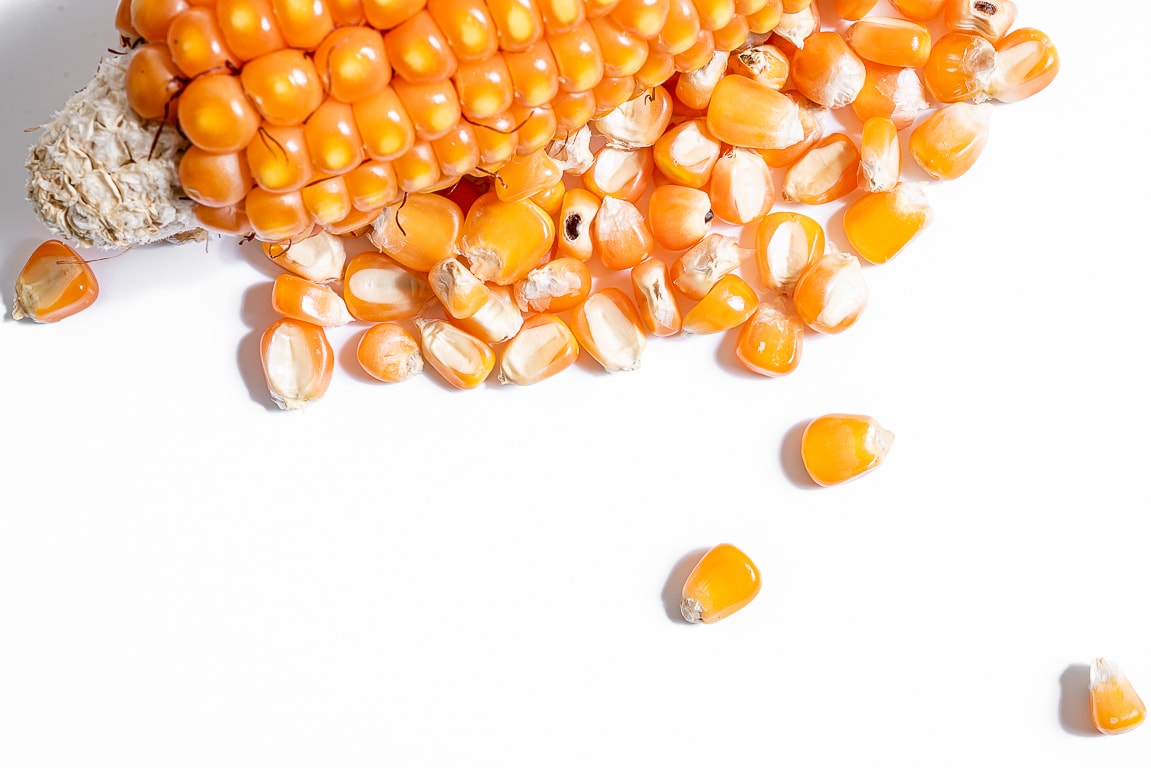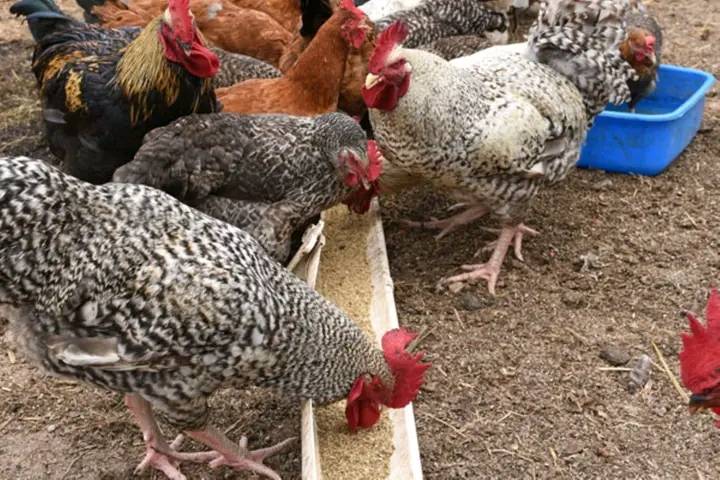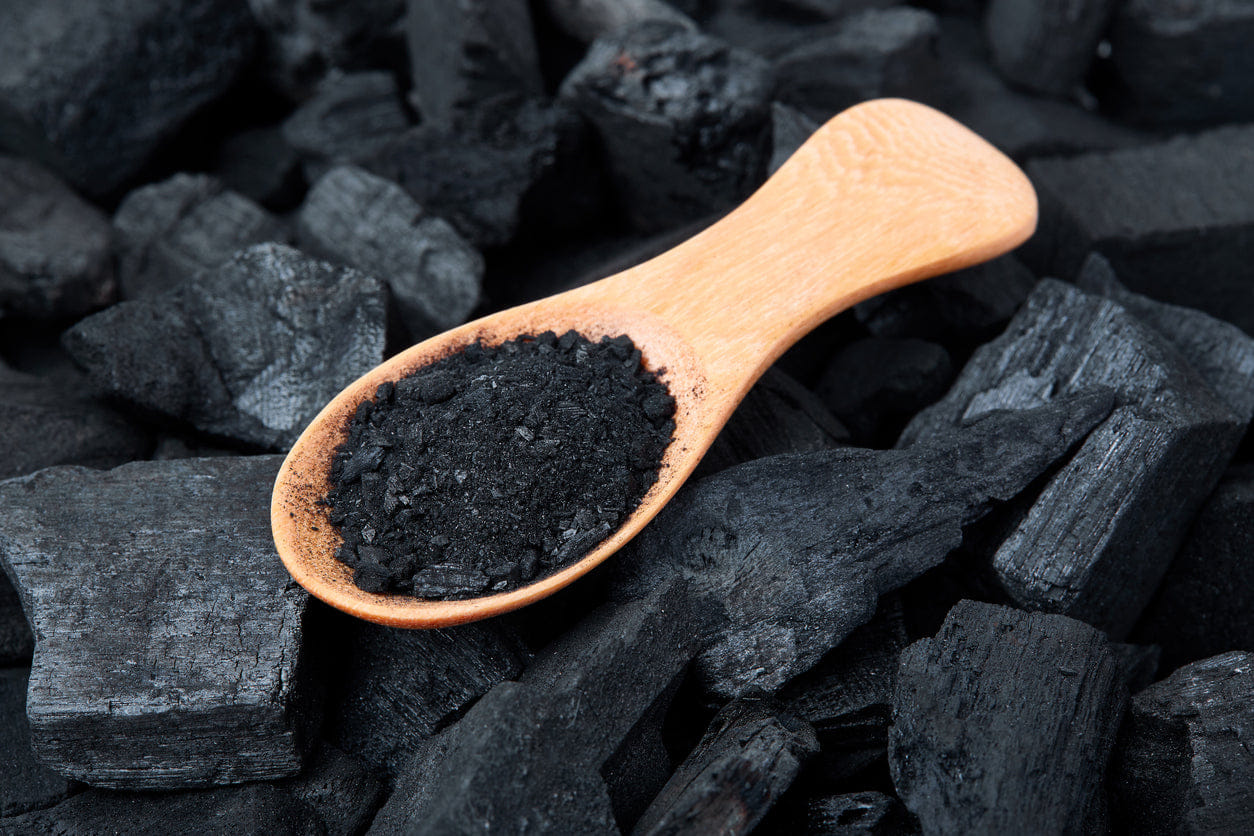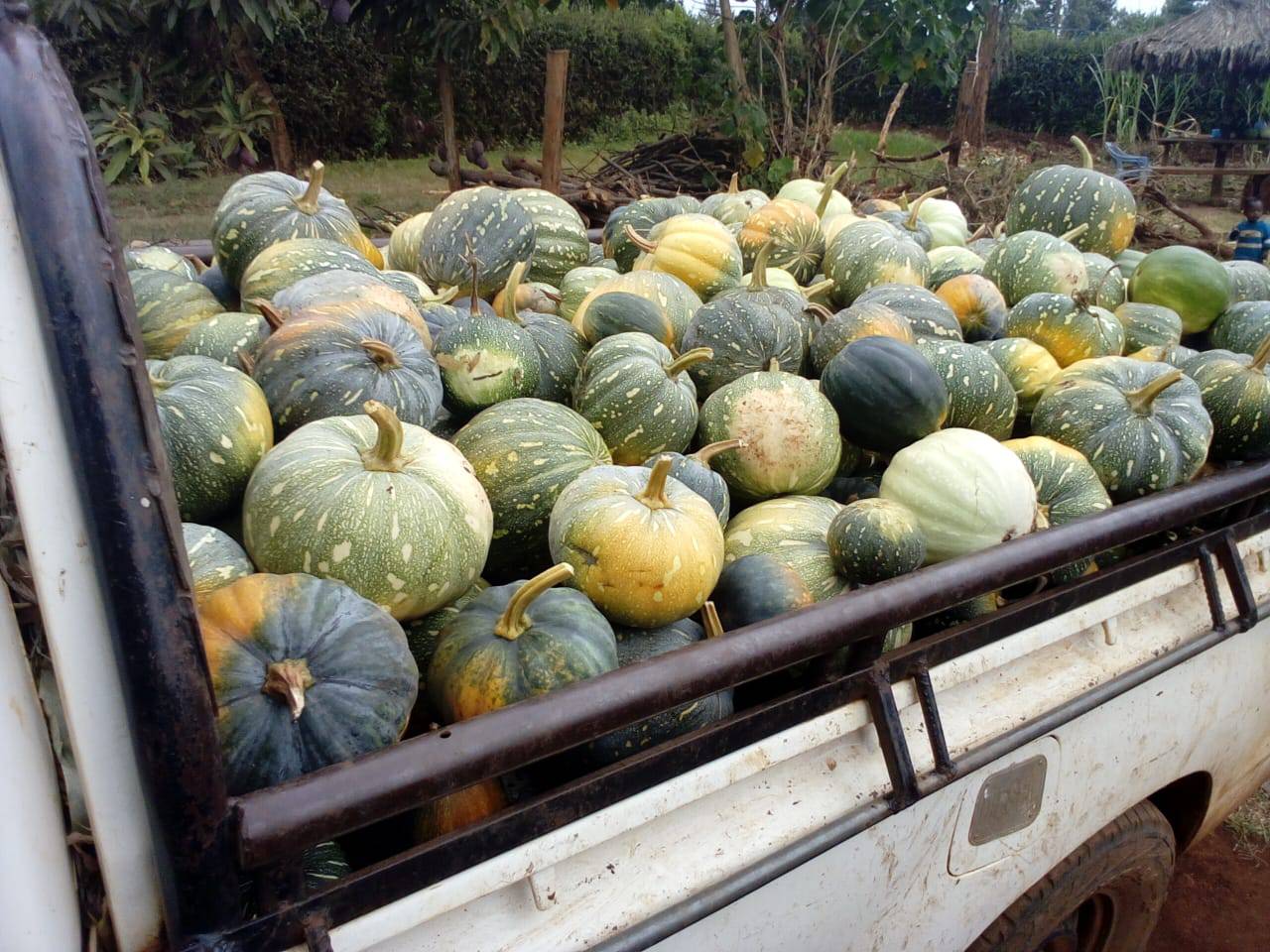While timing, fertiliser and adequate rains are very important for a good crop yield, the most crucial factor is the seed. It is the baseline for the success or failure of the crop planted.
“A good seed is a hybrid seed with varieties that are distinct, uniform and stable once planted,” said Mr Yariv Kedar, Amiran Kenya’s deputy managing director, during and interview with our writer at the Amiran offices, recently. “It should have a long shelf life, be tolerant to adverse temperatures, resist viruses and diseases and be able to tolerate adverse growing conditions to create profits for the farmer,” he added.
Quality seeds should have a uniform appearance; high germination and vigour and be high yielding. They should be free from other crop seeds, weed seeds and diseases. How can one be sure that a seed is of good quality? “Buy certified seed from appointed dealers,” said Mr Dixon Korir from the National Accelerated Agricultural Input Access Programme (NAAIAP), also during an interview.
Certified seed is at least 98 per cent pure and has a germination rate of at 90 per cent. The cost of certified seed is offset by its higher yield potential.
Sometimes farmers, especially smallholders, tend to rely heavily on seeds they retain from previous harvests, believing that that they are of good quality or drought resistant.
However, lack of proper storage and poor selection have been the undoing of most farmers, adversely affecting yields. Farmers in Kenya are, therefore, advised never to re-cycle seeds.
Also, growers need to understand that different areas have different varieties of seeds because soil types differ. What will germinate best in the western region, for instance, might not be ideal for growing in the norther areas Before buying any seed, be sure that it is suitable for your area. Though cartels often infiltrate the market with fake seeds, Kenya has about 70 certified companies offering a variety of good quality seeds. “Our seed industry has no major problem besides the cartels that have perfected the art of making fake products,” said inputs promotion officer.
Farmers should avoid seeds that have been divided into smaller ratios, as some unscrupulous businessmen deliberately mix good with bad seeds to make easy money. Mr Yariv, who heads his company’s Sustainable Agribusiness Programme in Kenya, adds: “A good seed should not only be bought in its original packaging from a reputable company, but must also have a Kephis approval or lot number and will be found at stockists and distributors that represent the branded companies.”
Each seed container or packet must be sealed and its weight indicated clearly with a batch number and manufacturers’ details. Quality marks must also be indicated. A farmer should also retain a seed package after planting, for easy reference, as evidence and a pointer on whether to use the same in future. Always get receipts for each purchase of seed.





